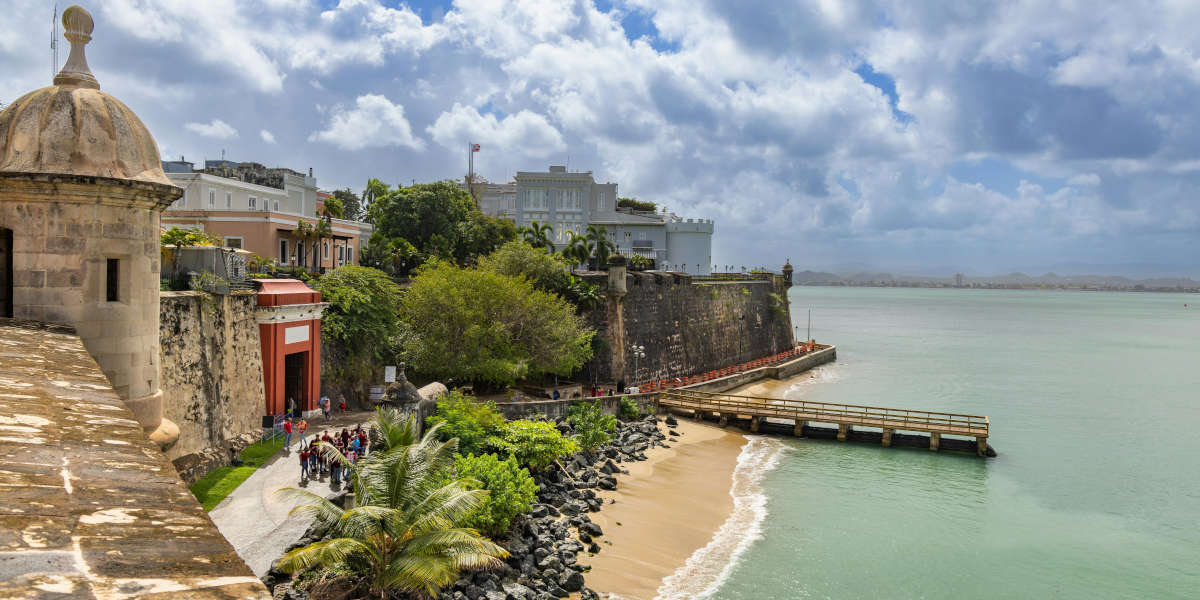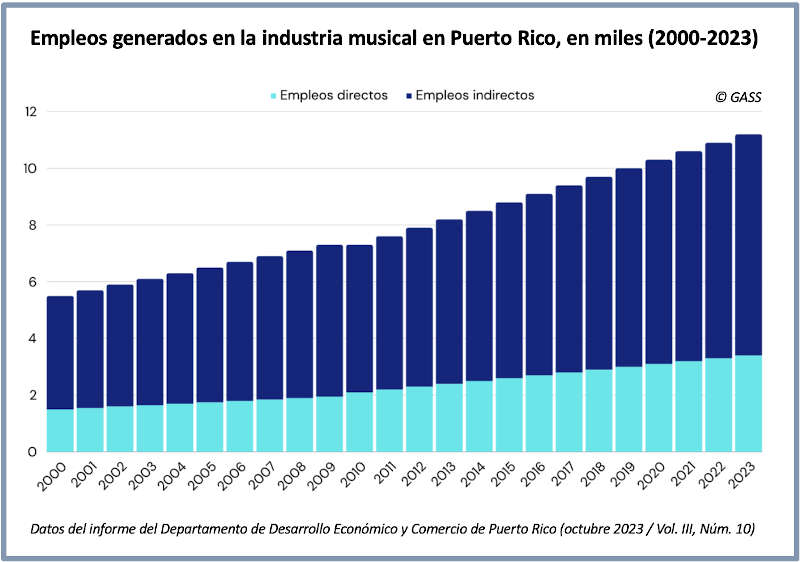In the picture
Fortification of San Juan de Puerto Rico, with its historic gate of entrance [Mohan Nannapaneni].
Reggaeton is an artistic manifestation coming from the poorest neighborhoods of Latin America, and starring young people who conceive music as a means of distraction, celebration and socialization, not as that intellectual experience made fashionable by the snobbish rock of the 1970s. In this sense, it is understandable that the sophisticated 'academy' -so usually focused on what happens in the avant-garde- finds it even offensive to recognize the creative force that also resides in the "rearguard", in those poor and illiterate kids who have overthrown the notion of Anglo-Saxon pop as an unbeatable titan.
Although the genre originated in Panama, it is safe to say that the phenomenon was popularized by Puerto Rican artists such as Daddy Yankee, Wisin & Yandel and Don Omar, and has reached the current level of globalization with Puerto Rican debuts such as Bad Bunny and Rauw Alejandro. With its scant 13,800 km2, Puerto Rico has never been a major power on the international scene. A turbulent political history, an exorbitant public debt - in the process of recovery - and an alarming poverty rate are not exactly the right ingredients to place a country in a position of international relevance and impact. And yet, Puerto Rico is currently a giant in the music industry. It ended 2023 with a ranking in which 3 of the 10 most played songs globally were by Puerto Rican artists; in the case of Spain the number rose to 7 out of 10. The popularity of the genre is undeniable, but it is also important to highlight its economic and commercial impact.
According to the International Federation of the Phonographic Industry's (IFPI) Global Musicreport , total recorded music trade revenues in 2023 were US$28.6 billion, a 10% increase over the previous year. Latin America, meanwhile, had a growth of 19.4%, which followed the 31.2% in 2022, which was the highest rate worldwide for the eighth consecutive year. To mention the most relevant case, the tour of Puerto Rican artist Bad Bunny was the highest grossing worldwide in 2022, with revenues of nearly US$373.5 million and close to two million tickets sold.
These figures, in the case of Puerto Rico, are especially relevant from the perspective of exports. For more than a decade, the main products exported by Puerto Rico have come from the pharmaceutical industry, which represents more than 50% of all its exports. However, and despite being a sector with great relevance for the island's economy, on most occasions we do not speak of exports in the strict sense, since the product goes to the United States, of which Puerto Rico is an associated state. In this sense, when we talk about Puerto Rican music exports, we are referring to a real export -from Puerto Rico to the international scene without the American giant as an intermediary-, with reggaeton as the most listened genre in 8 countries around the world according to data of Spotify.


